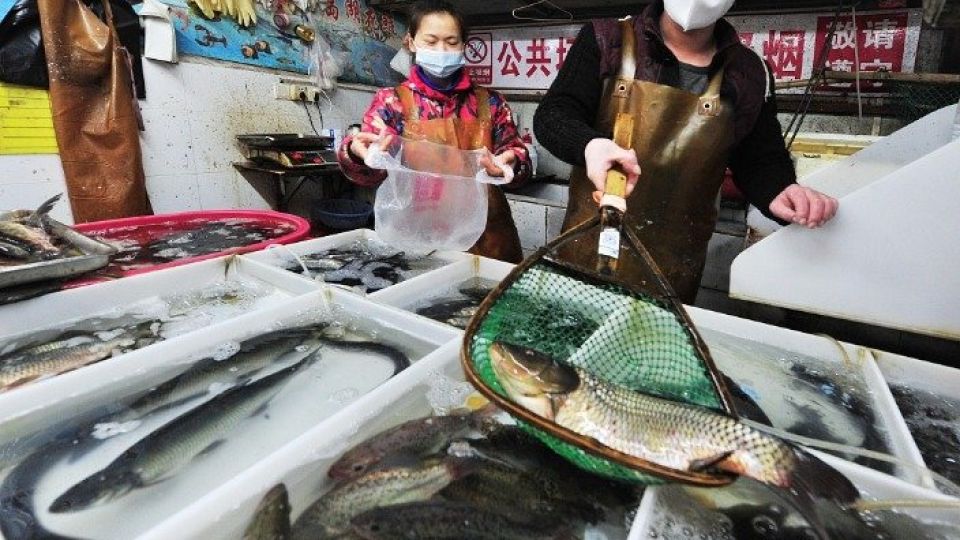September 6, 2023
BEIJING – Given Chinese consumers’ growing appetite for aquatic products, freshwater aquatic products will likely become more popular now due to concerns over the feared adverse impact on seafood of nuclear-contaminated wastewater discharged by Japan’s Fukushima Daiichi power plant into the Pacific Ocean.
Following widespread concerns over the safety of seafood, China has suspended imports of all aquatic products originating in Japan since Aug 24, according to the General Administration of Customs.
From the perspective of consumers, reducing dependence on seafood imports will create demand for freshwater aquatic products. Both prices and sales of braised eel in Fujian province in East China have surged recently, industry experts said.
“Eel prices rose by 4,000 yuan ($550) on average to top 57,000 yuan per metric ton for some varieties, and daily consumption nationwide jumped to 130 tons on average from 100 tons,” said Zhang Jiaolin, executive president of the Eel Industry Association of Fujian.
In China, the busy season for eel sales starts around October and ends at Spring Festival in January or February. It is a period that includes breaks such as Mid-Autumn Festival, the National Day holiday and the Lunar New Year holiday. Eel consumption during this period makes up about 60 percent of the whole-year total, the association said.
China is the world’s largest market for aquatic products. In the recent past, as people’s living standards improved entailing consumption upgrade, aquatic product sales have surged.
Last year, China imported 4.54 million tons of aquatic products, up more than 20 percent year-on-year. They were valued at 132.7 billion yuan. China has become one of the largest salmon importing countries globally, with Norway, Canada and Chile as the main suppliers, the GAC said.
“We can vigorously develop freshwater aquaculture, which will show an uptrend in the future,” said Wang Weiru, president of the Fujian Fishery Industry Association.
Fujian Tianma Science and Technology Group Co Ltd, a major fishing and husbandry group based in Fujian, said its aquaculture sector focuses on braising freshwater eel, so would not be affected by the nuclear-contaminated water issue.
Tianma’s eel are mainly supplied to domestic factories, which process them into roasted eel products for export and domestic sales. Such exports account for about 55 percent of Tianma’s output. Overseas sales are growing steadily as exports reach more than 70 countries and regions, including Japan, the United States, Russia, Australia and Singapore, the company said.


